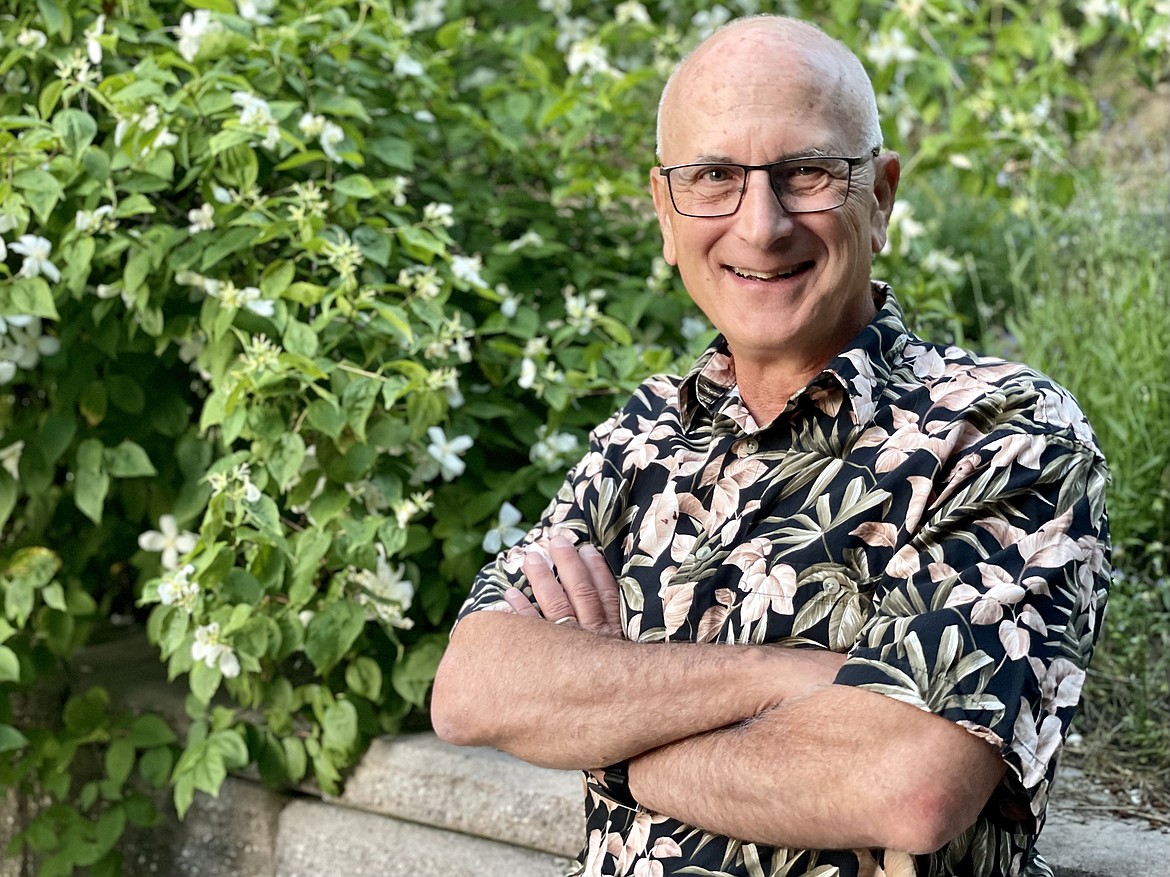OPINION: Pausing to reflect on Memorial Day
On Monday, amid barbecues and sun-soaked lake outings, America will pause for a moment to remember the men and women who have died while serving in the military.
In between the celebrations that herald summer’s official kick-off, it is important to remember those of all backgrounds who gave their all for the United States of America.
Memorial Day began in the aftermath of the Civil War — a time when American infighting created the deadliest war in our nation’s history with more than 620,000 military casualties.
A traumatized nation needed an outlet to grieve its fallen, and so flags began to dot graves. As Americans mentally grappled with this shocking carnage, Memorial events organically sprung up.
It might surprise you to learn that these scattered memorials were simply the outpouring of personal grief until Black Americans organized the first official community-wide Memorial Day commemoration. This official event happened just one month after the Confederacy surrendered.
On May 1, 1865, in Charleston, S.C., a group of newly emancipated people gathered at a former planter’s racetrack. On that hallowed ground, Confederate soldiers held Union prisoners during the last year of the war. At least 257 prisoners died, many of disease, and were buried in unmarked graves.
The Black residents of Charleston decided to give these soldiers a proper burial.
For more than 10 days in late April, about two dozen free Black men dug proper graves and built a 10-foot-tall white fence around them.
When May 1 came, more than 10,000 Black locals and white missionaries gathered to mourn the Union lives lost. The event was chronicled in the Charleston Daily Courier and the New York Tribune. According to these contemporary accounts, the day was filled with a variety of events including speeches, parades, military drills, and patriotic songs.
The New York Tribune described the tribute as “a procession of friends and mourners as South Carolina and the United States never saw before.” According to reports, the gravesites looked like “one mass of flowers” and “the breeze wafted the sweet perfumes from them” and “tears of joy” were shed.
According to Pulitzer Prize-winning author and historian David Blight, “This tribute gave birth to an American tradition. … The war was over, and Memorial Day had been founded by African Americans in a ritual of remembrance and consecration.”
As time passed, the American government whitewashed this holiday’s origins.
In 1966, during the heat of the Civil Rights movement, the federal government declared Waterloo, New York, the official birthplace of Memorial Day.
Waterloo — which first celebrated May 5, 1866 — was chosen because it hosted an annual, community-wide event, during which businesses closed and residents decorated the graves of soldiers with flowers and flags.
At this Waterloo event, General John A. Logan, leader of an organization for Northern Civil War veterans, called for a nationwide day of remembrance later that month.
“The 30th of May, 1868, is designated for the purpose of strewing with flowers, or otherwise decorating the graves of comrades who died in defense of their country during the late rebellion, and whose bodies now lie in almost every city, village and hamlet churchyard in the land,” he proclaimed.
In a proclamation designed for our day and time, President Biden has said, “Today and every day, we ask God to protect our troops, to shine light perpetual upon the fallen, and to bring comfort to their families. To those who mourn a loved one, and to America’s Gold Star Families who have lost a loved one in conflict, my heart aches for you. Our Nation owes you and those you have lost a tremendous debt that we can never fully repay. On Memorial Day, we vow to honor their memories and support the families, caregivers, and survivors they left behind.”
Amid the barbecues and celebrations of summer, may we all heed President Biden’s call.
• Note: The majority of historical references in this article were pulled from David Blight’s 2001 book “Race and Reunion: The Civil War in American Memory.”
• • •
Evan Koch is chairman of the Kootenai County Democrats.

